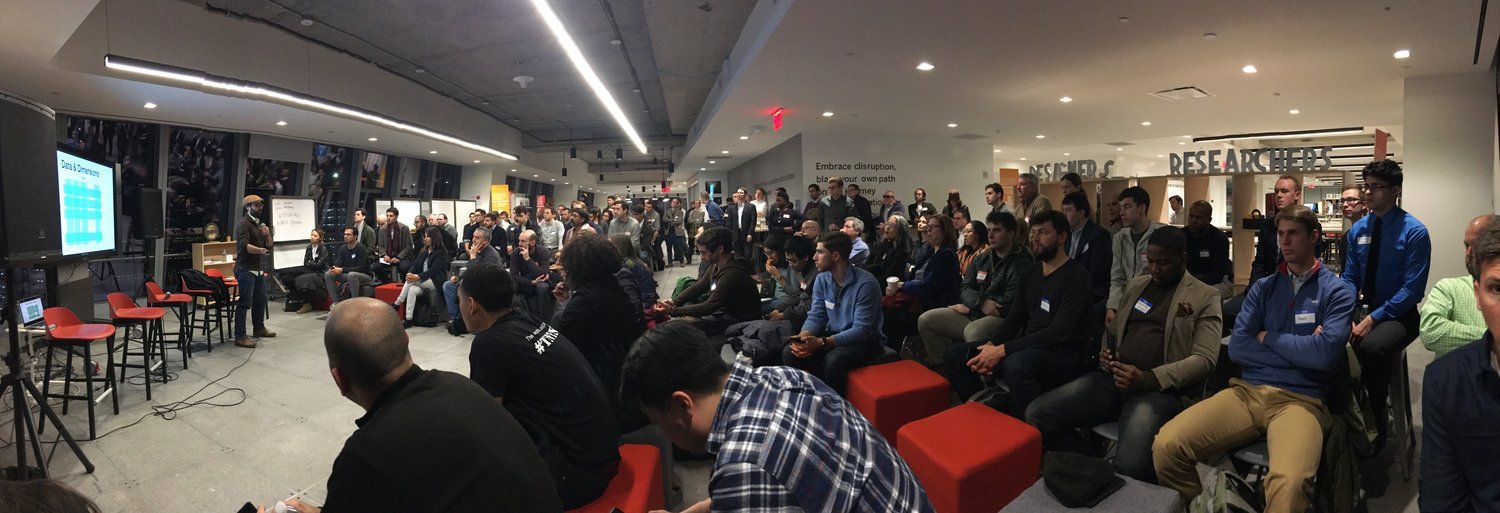
News & Media
Media Coverage, Insights, Thoughts, & Musings

Forging a Crisis Proof Supply Chain: The Rise of a More Innovative, More Resilient Industry

New investment firms broaden funding options for logistics startups

Why investors are looking at supply chain technologies in 2020

Finding Venture Capital

